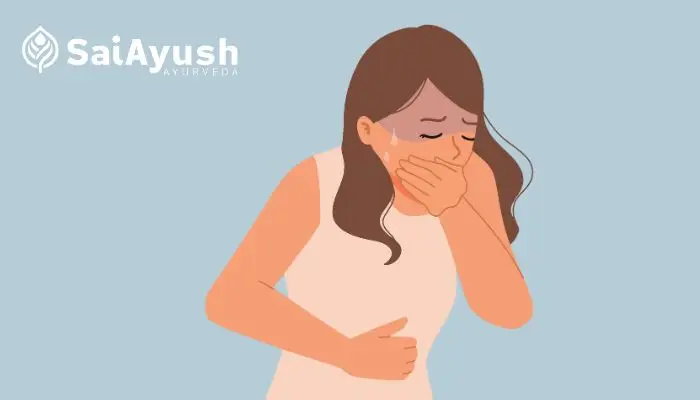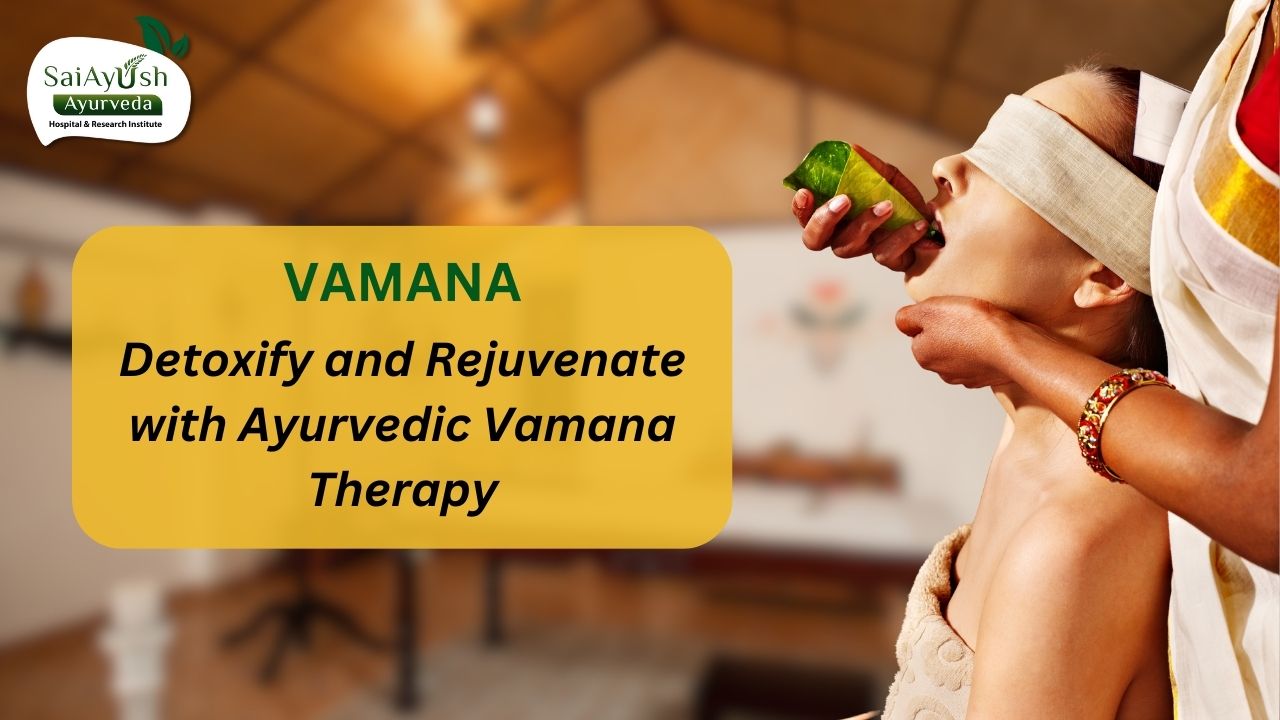Welcome to my blog post on Vamana in Ayurveda! In this article, we will explore the ancient practice of Vamana, its significance, why you should consider it, when it’s best to do it, who can benefit from it, and how the procedure works. So, let’s dive in and discover the incredible benefits of Vamana for your health and well-being.
Importance of Vamana
Vamana, also known as therapeutic vomiting, is a vital component of Ayurveda, the ancient Indian system of medicine. It is a detoxification procedure that helps eliminate excess kapha doshas (energetic forces) from the body, promoting balance and harmony. Vamana is particularly effective in cleansing the upper respiratory tract, and gastrointestinal system, and improving digestion.
Why You Need to Do Vamana
- Detoxification: Vamana helps remove accumulated toxins from the body, enhancing overall health and vitality.
- Digestive Health: By clearing the digestive system, Vamana improves digestion, absorption, and assimilation of nutrients.
- Respiratory Wellness: Vamana helps alleviate respiratory conditions like asthma, bronchitis, and allergies.
- Mental Clarity: The detoxifying effect of Vamana also benefits the mind, promoting mental clarity and emotional balance.
The Best Time to Do Vamana
The ideal time to undergo Vamana is during the spring season (March to May). This season allows the body to naturally eliminate accumulated toxins, making the detoxification process more effective. However, it is essential to consult with an Ayurvedic practitioner for personalized advice based on your specific health condition.
Indications and Contraindications
Indications:
Vamana is recommended for individuals who have the following indications:
- Kapha imbalance
- Chronic respiratory disorders
- Digestive issues
- Skin diseases
- Obesity
Contraindication:�
However, Vamana is contraindicated for individuals with:
- Weak digestion
- Cardiac conditions
- Pregnant women
- Elderly individuals with frail health
It’s crucial to consult with an Ayurvedic expert to determine if Vamana is suitable for you.

Vamana
The Procedure of Vamana
- Preparatory Phase: This involves a preparatory diet and internal oleation (snehana) to loosen toxins and lubricate the body.
- Sudation: The next step is inducing sweating through the application of heat, which further prepares the body for Vamana.
- Vamana Therapy: The actual Vamana procedure involves the administration of a medicated emetic substance to induce vomiting and eliminate toxins from the stomach and upper respiratory tract.
- Post-Vamana Care: After Vamana, a specific diet, herbal medications, and lifestyle recommendations are provided to support the body’s healing process.
Benefits of Vamana
- Detoxification: Vamana removes toxins, purifies the body, and rejuvenates the tissues.
- Enhanced Digestion: The procedure improves digestion, metabolism, and absorption of nutrients.
- Respiratory Health: Vamana helps clear respiratory passages, reducing congestion and improving breathing.
- Weight Management: Vamana can aid in weight loss by eliminating excess Kapha and reducing adipose tissue.
- Mental and Emotional Well-being: Vamana promotes mental clarity, emotional stability, and a sense of lightness.
Conclusion
Vamana in Ayurveda offers a powerful means to detoxify, rejuvenate, and restore balance in the body. With its numerous benefits for digestive and respiratory health, weight management, and overall well-being, Vamana can be a valuable addition to your health and wellness routine. Remember to consult with an Ayurvedic expert to determine if Vamana is suitable for you and to ensure a safe and effective experience.
Discover the healing power of Ayurveda with our latest article at Sai Ayush Ayurveda Hospitals! Dive into the age-old wisdom that can rejuvenate your body and mind. Click here to read more:



0 Comments